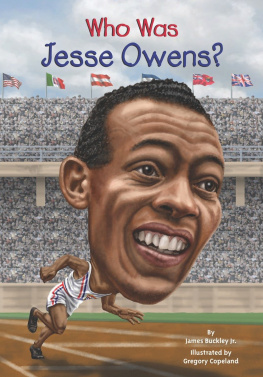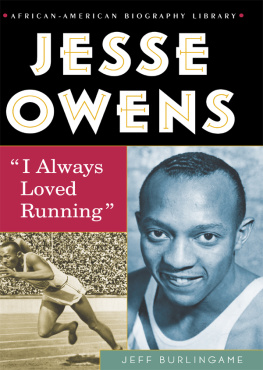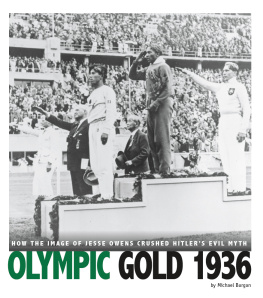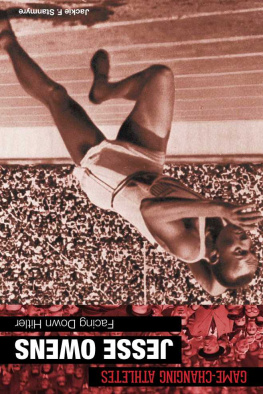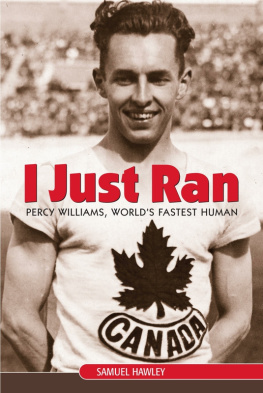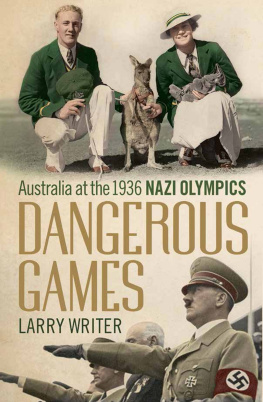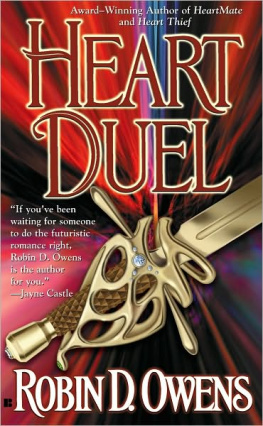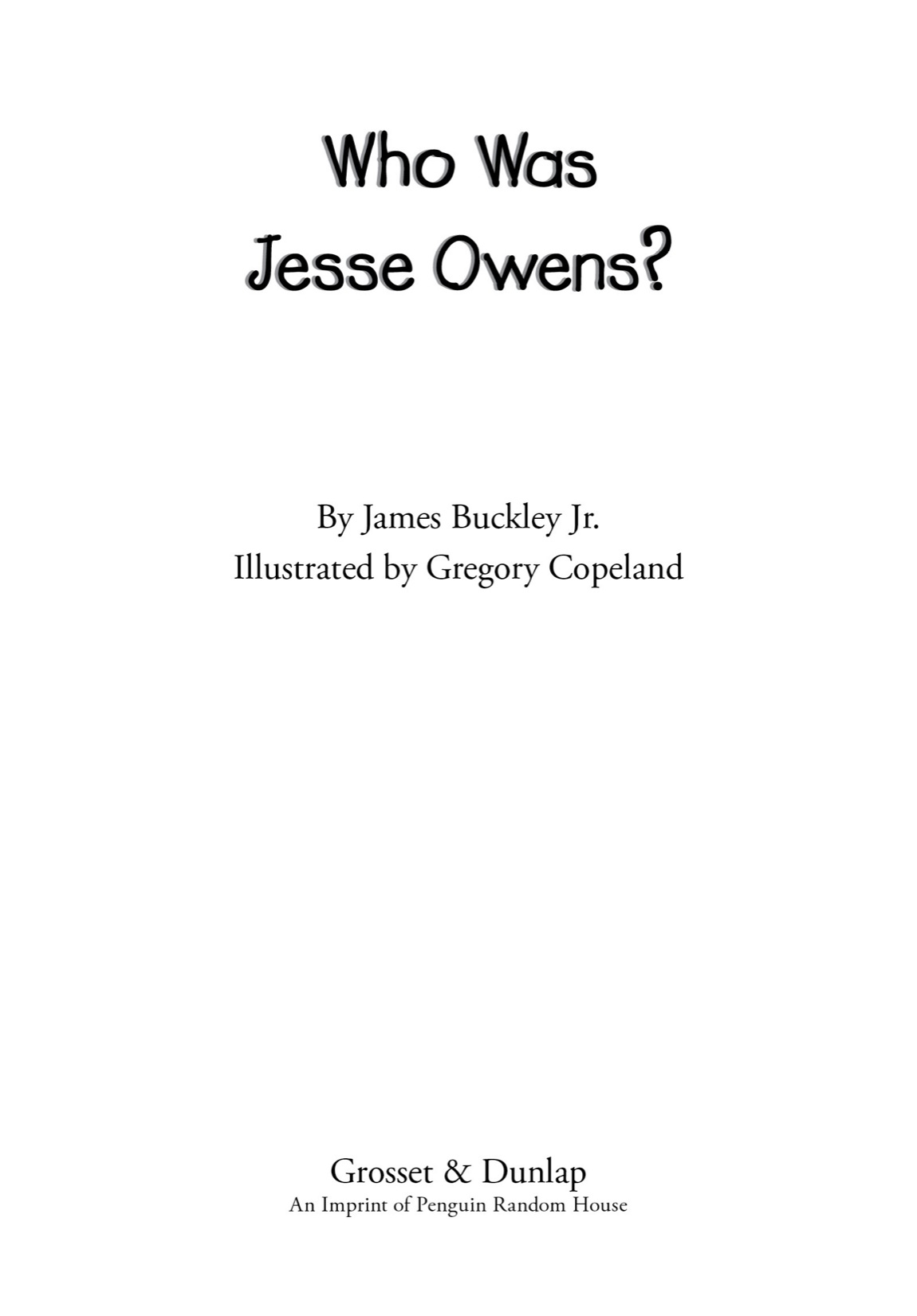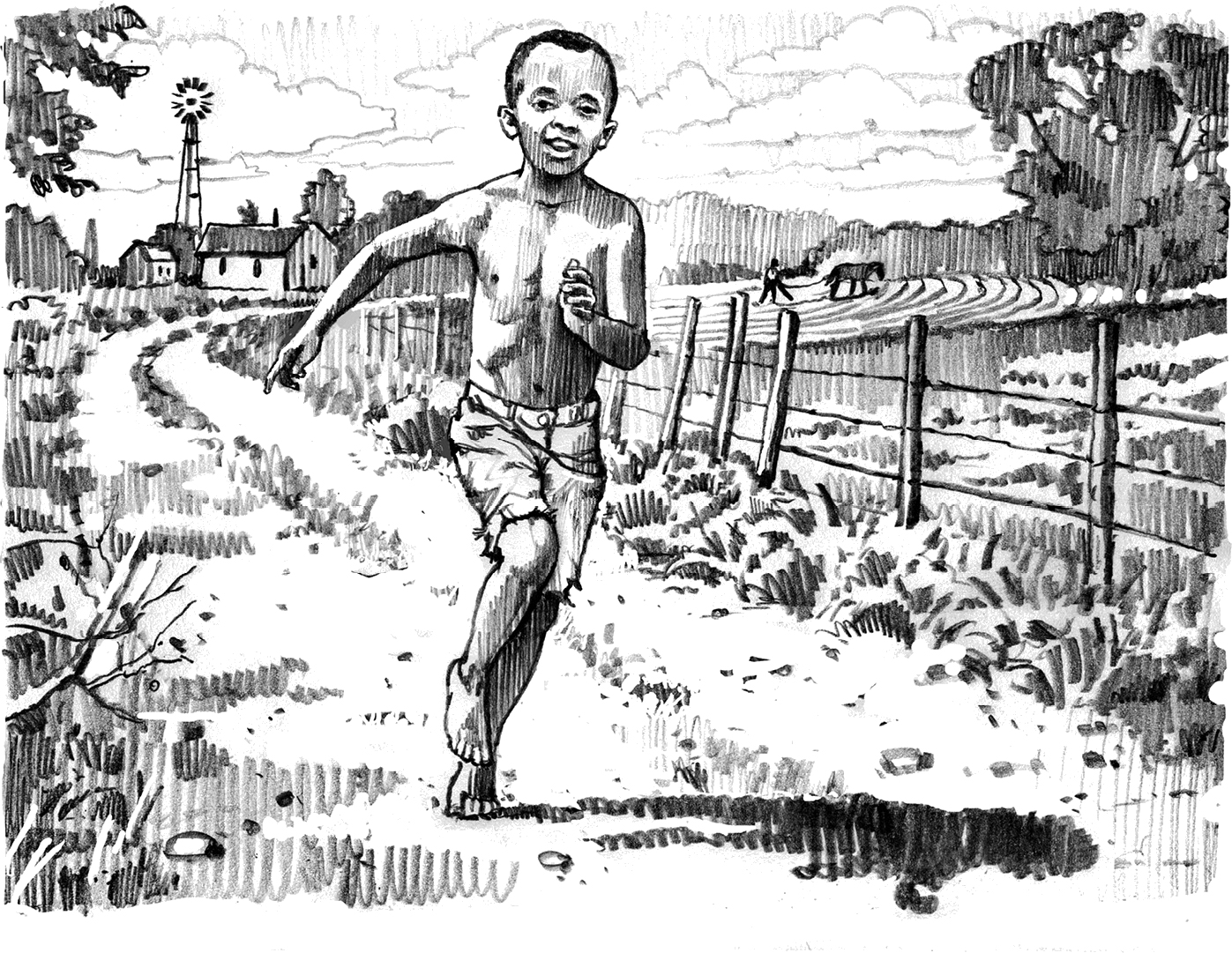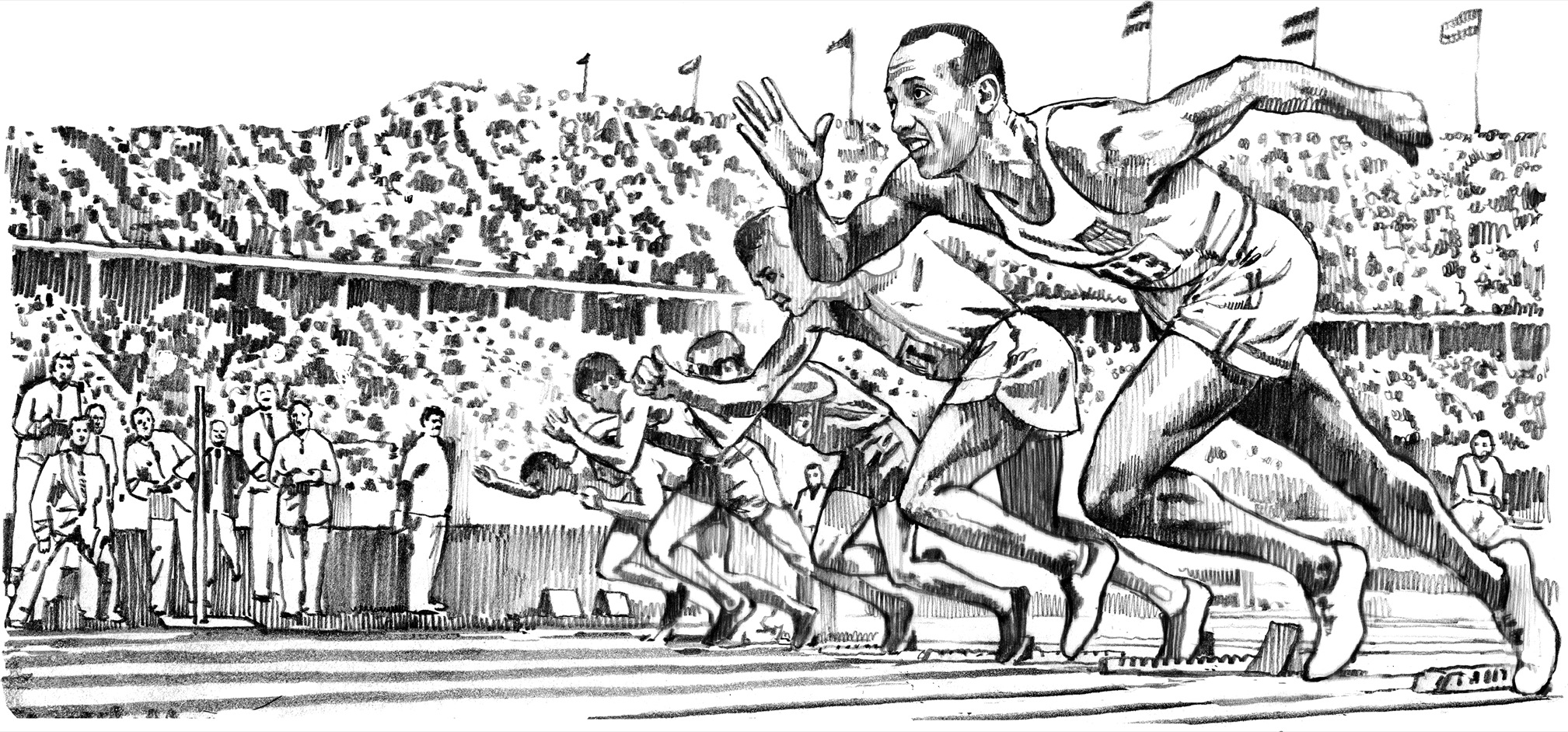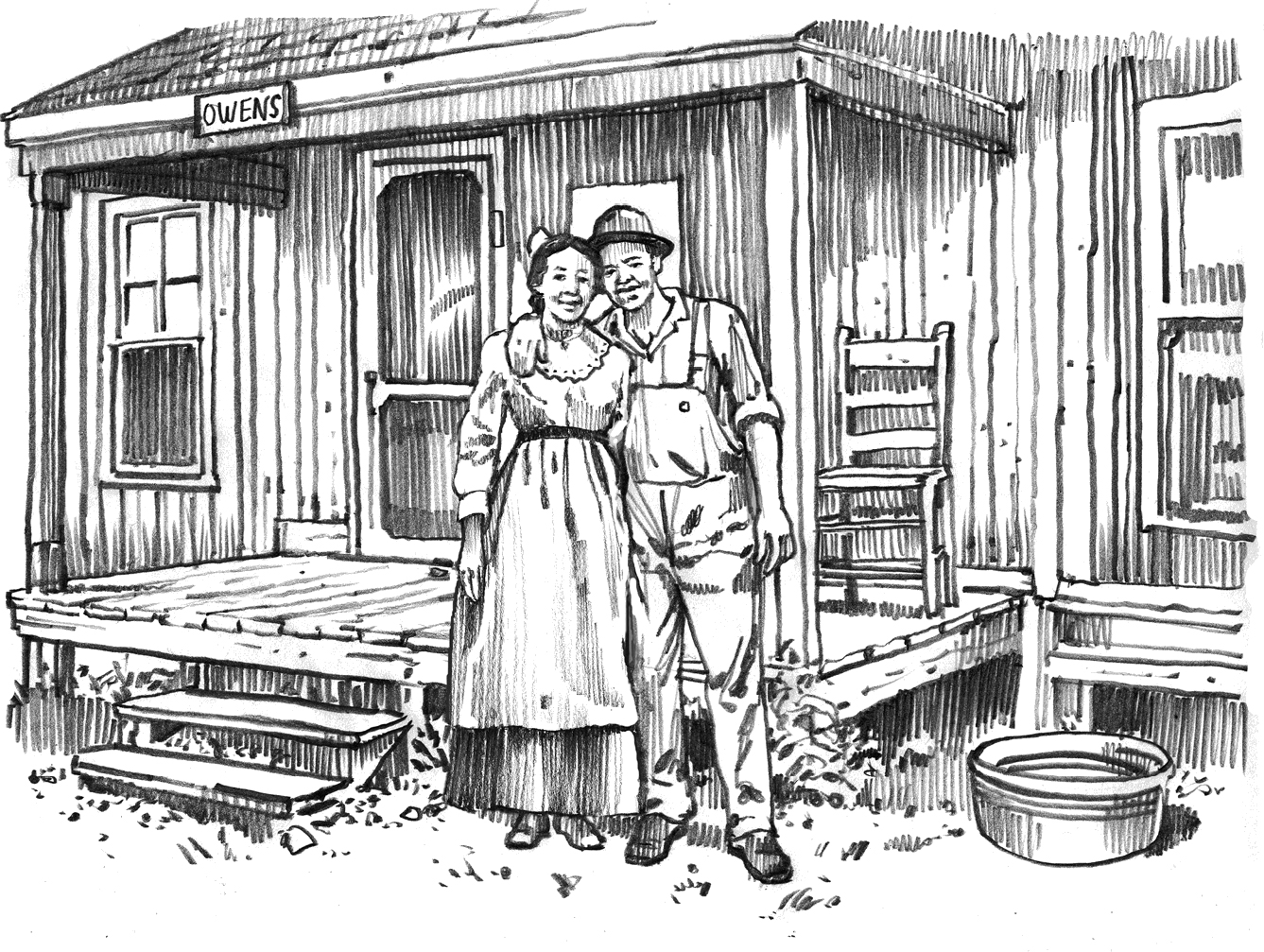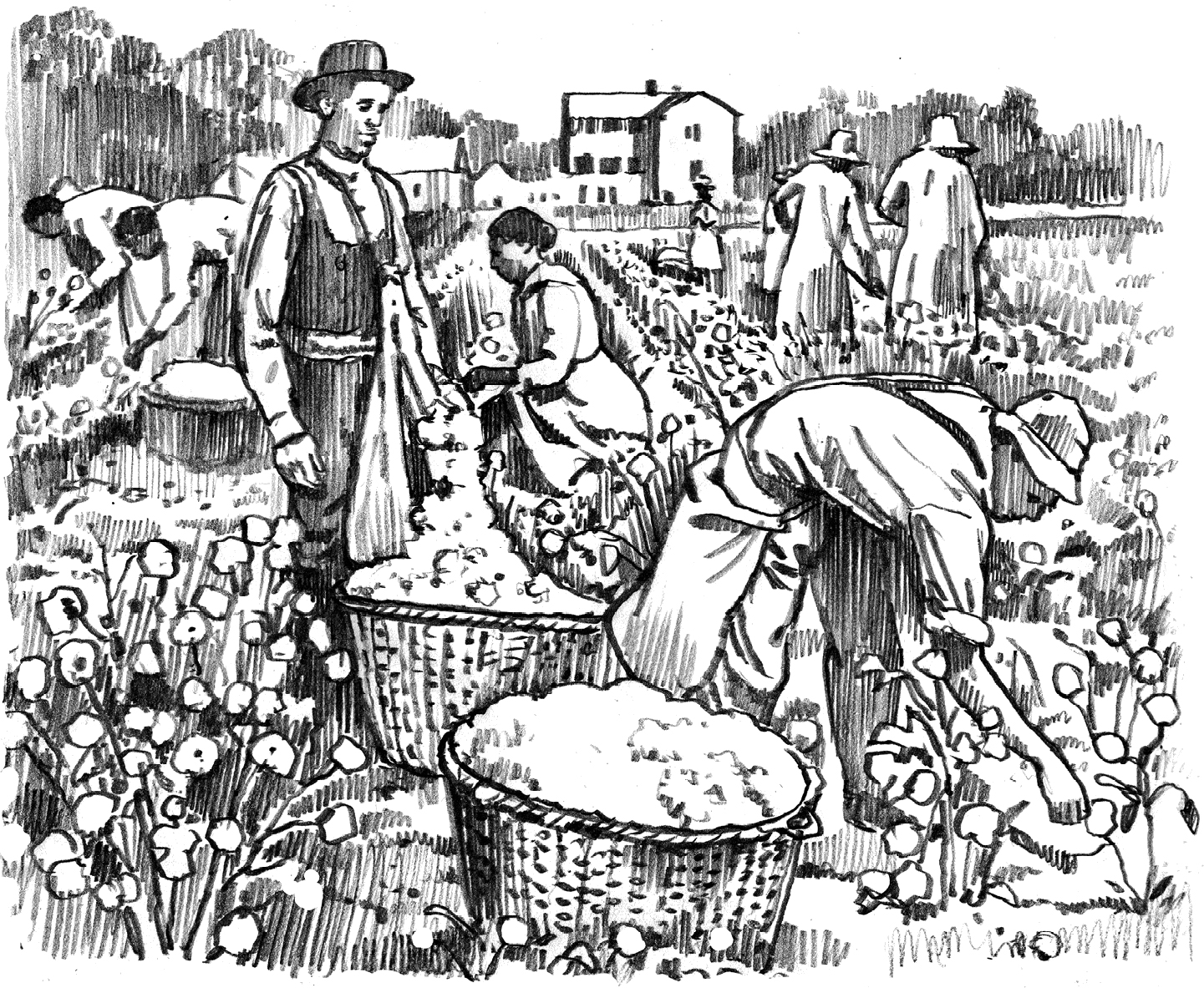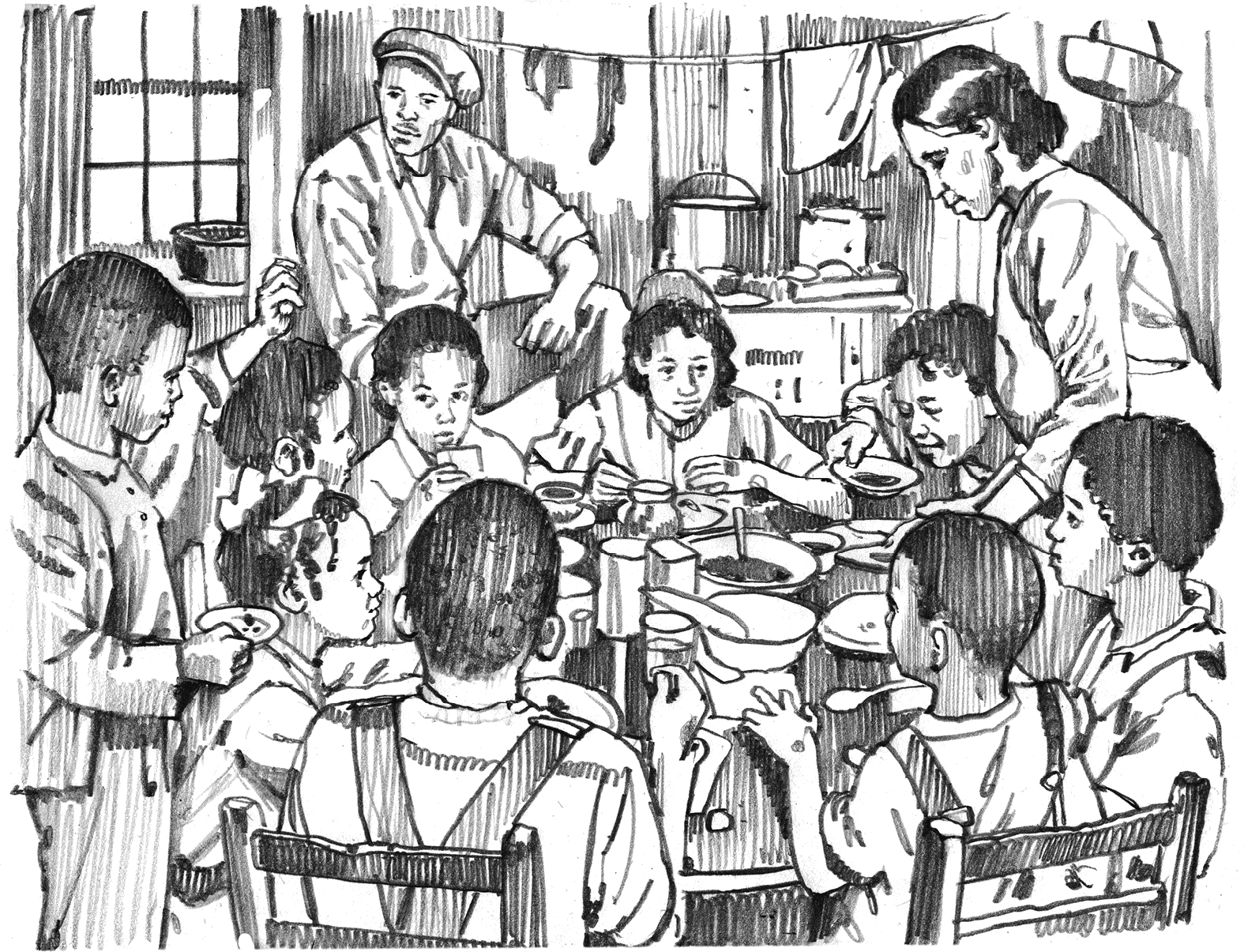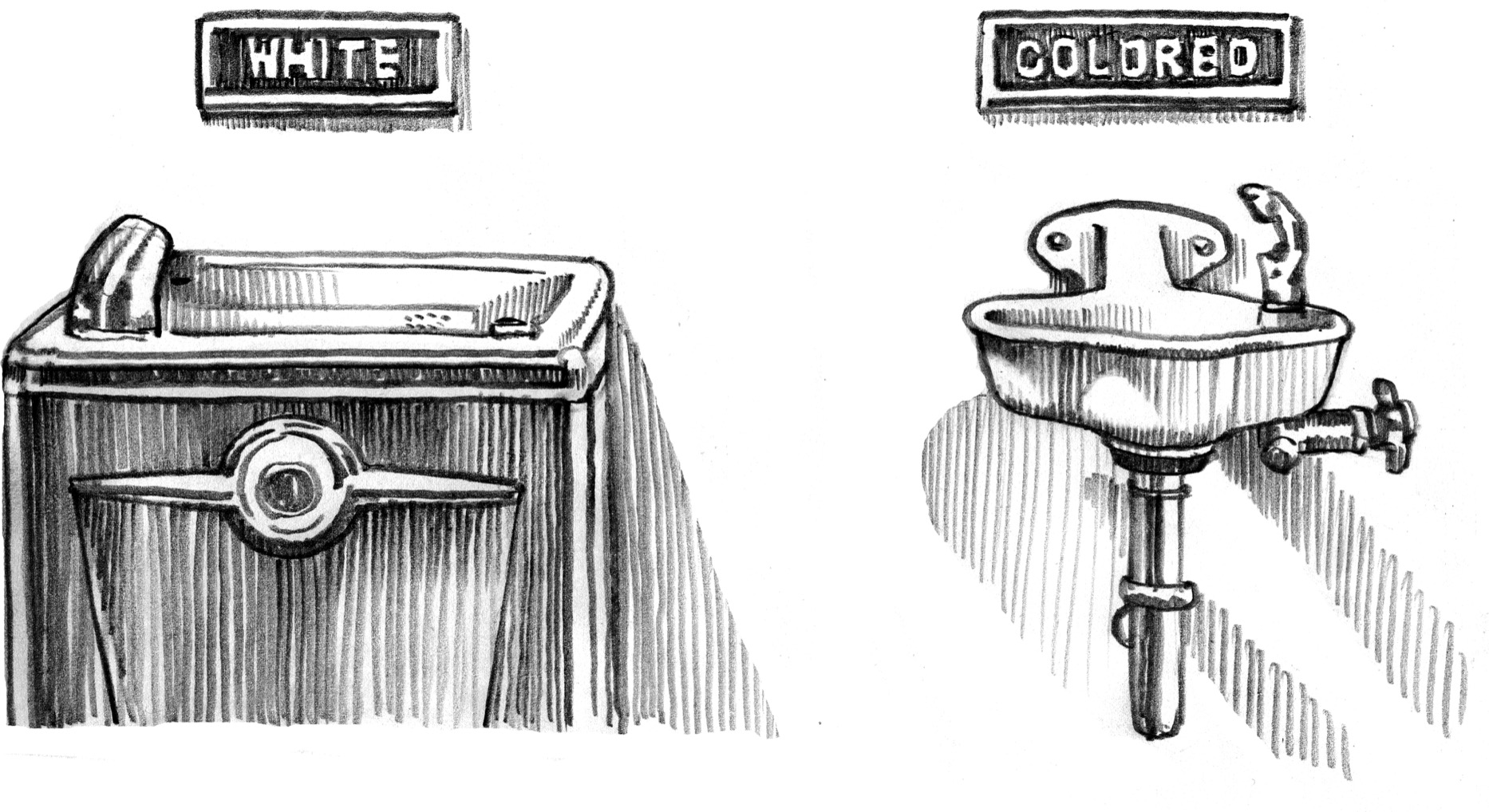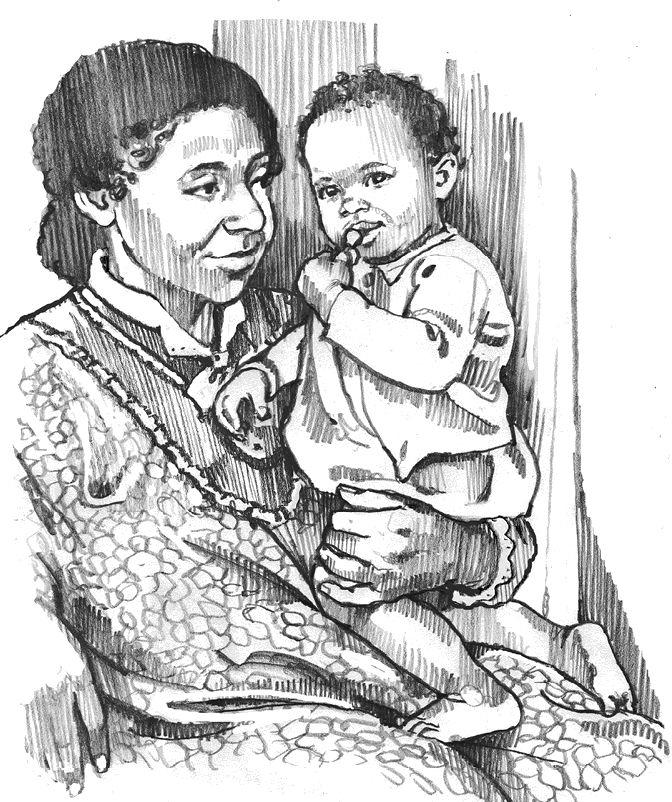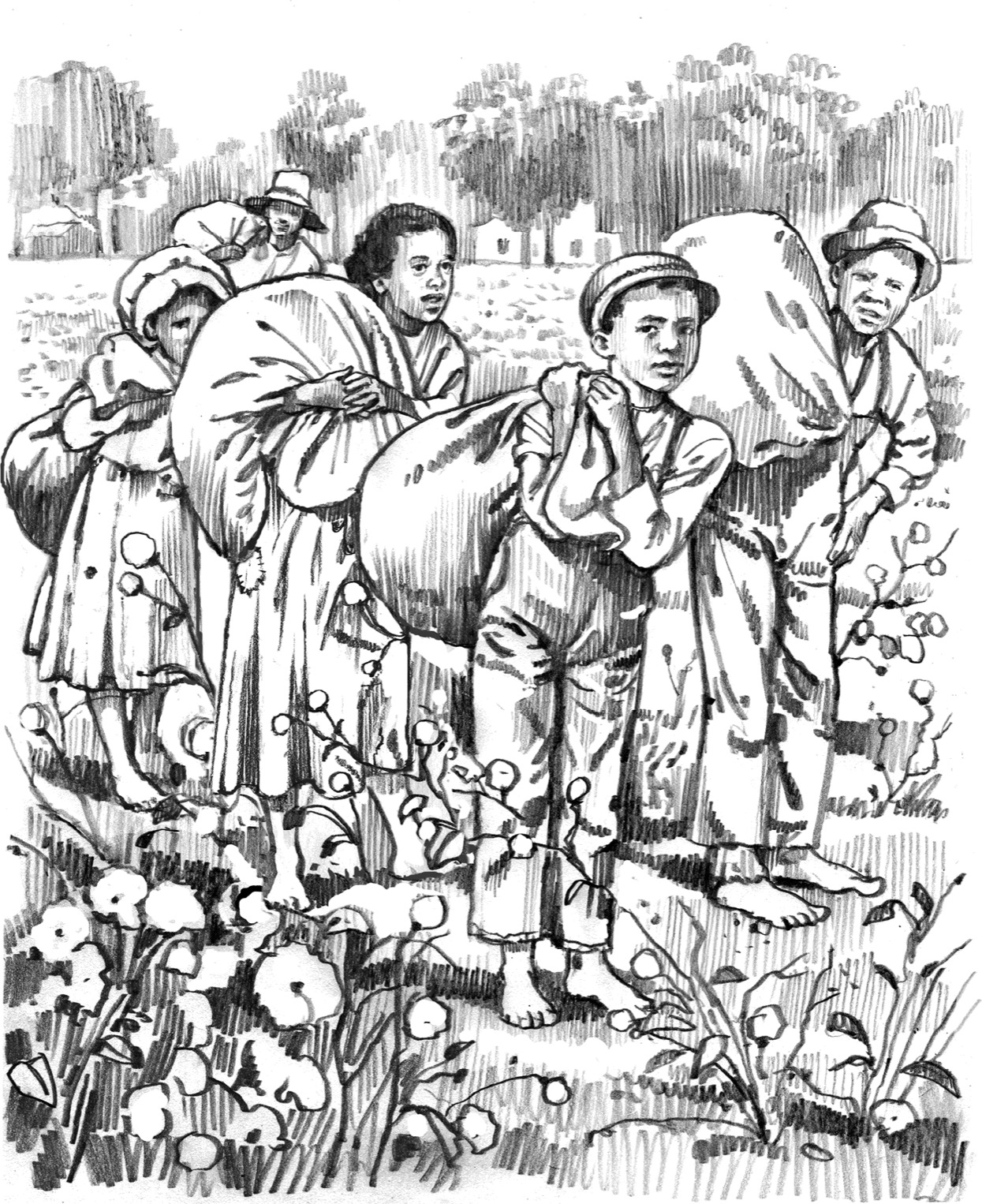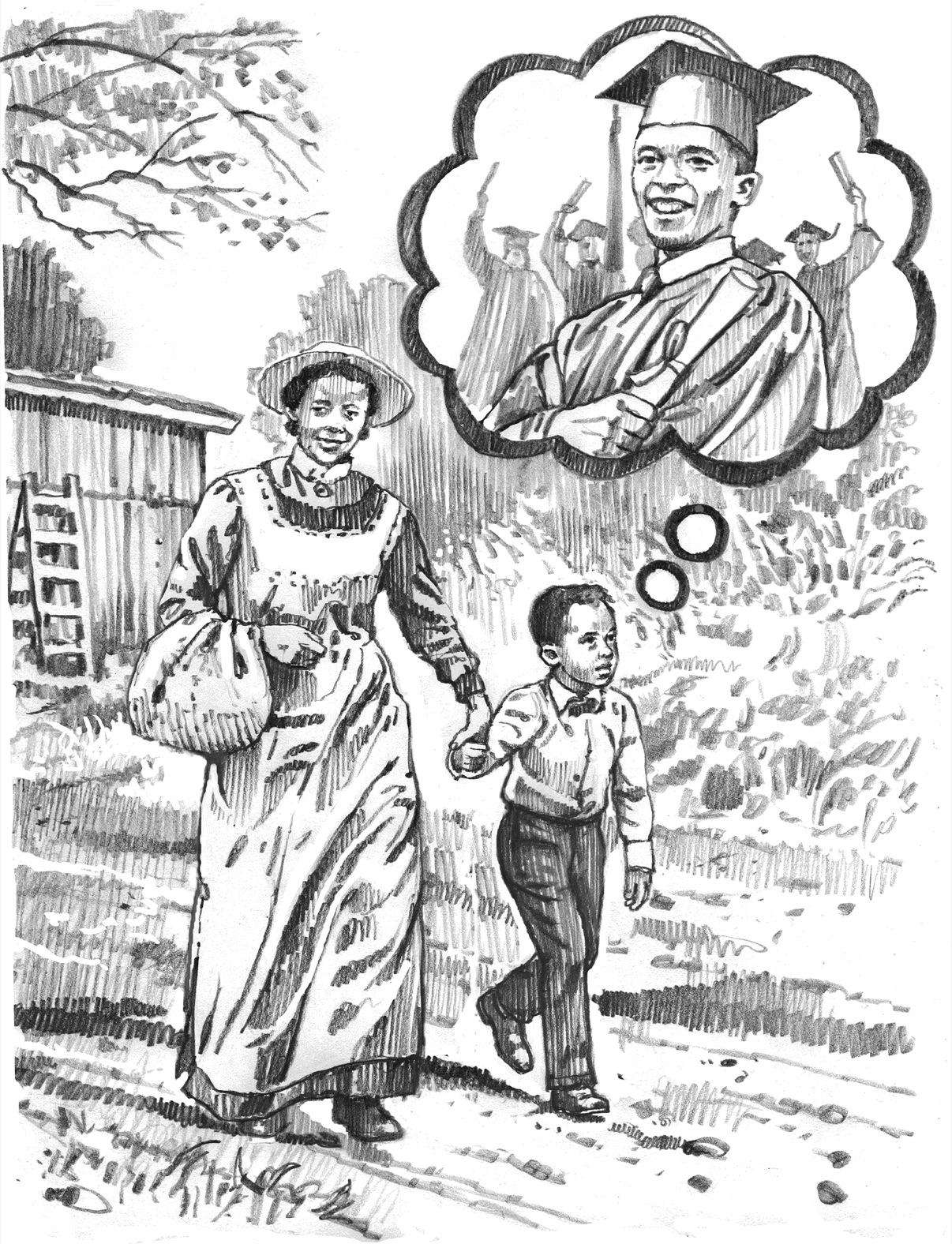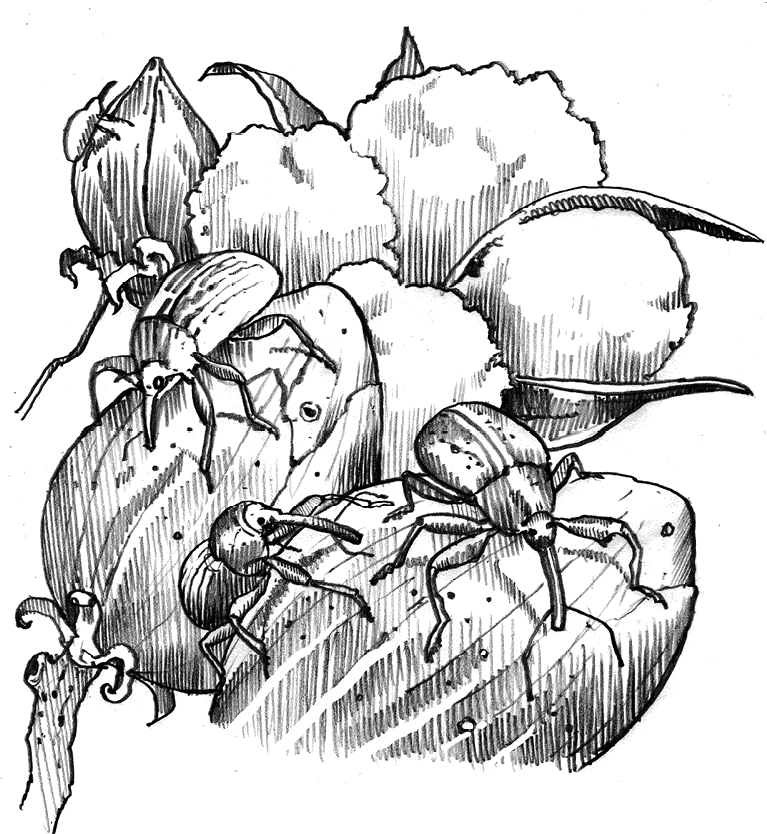For Robin Soria, who lives with a couple of heroes of his ownJB To Jerry, for whom Im gratefulGC
Penguin supports copyright. Copyright fuels creativity, encourages diverse voices, promotes free speech, and creates a vibrant culture. Thank you for buying an authorized edition of this book and for complying with copyright laws by not reproducing, scanning, or distributing any part of it in any form without permission. You are supporting writers and allowing Penguin to continue to publish books for every reader.
Text copyright 2015 by James Buckley Jr. Illustrations copyright 2015 by Penguin Random House LLC. All rights reserved. Published by Grosset & Dunlap, an imprint of Penguin Random House LLC, 345 Hudson Street, New York, New York 10014. GROSSET & DUNLAP is a trademark of Penguin Random House LLC.
Who Was
Jesse Owens?
In rural Alabama, Jesse Owens sprinted across farmland and ran along dirt roads. He ran to the fields where he picked one hundred pounds of cotton a day. He ran to the orchards where he and his large family picked fruit from the trees. He ran with friends, playing games when they were not working alongside their parents.
Jesse ran because it made him feel free.
I always loved running, he later said. It was something you could do by yourself and under your own power. You could go in any direction, fast or slow as you wanted, fighting the wind if you felt like it, seeking out new sights just on the strength of your feet.
Jesse would run and play just like everyone else, his cousin Mattie Taylor said of those days of playing in Alabama. But you could never catch him.
No one ever did catch Jesse Owens. The young man who began running barefoot in those Alabama fields became one of the greatest sprinters in history. At the 1936 Olympic Games, he won four gold medals and became an international hero.
Jesse Owens started running when he was just a young boy, and he never stopped.
Chapter 1
Home in Alabama
Henry and Emma Owens were both the children of slaves who had lived in Alabama. By the time Henry and Emma married in 1896, slavery had ended, and African Americans were free throughout the United States. But life had not changed much for many black people.
After Henry and Emma married, they lived and worked on a large farm in rural Oakville, Alabama.
They did not own the farm. They were sharecroppers. That meant that they rented a small part of a larger farm from the owner. When the cropsmainly corn and cottonwere harvested, they received a share of the money from their sale. However, the farms owner kept money for the Owenses rent and for some of their food. After all that, the Owens family had very little money left.
Life was very difficult. Throughout the South, laws prevented black people from being treated equally and having all the opportunities that white people did. These laws were called Jim Crow laws.
Henry and Emma had twelve children, three of whom died at birth. Three daughtersIda, Josephine, and Lilliesurvived. They were followed by six sonsPrentice, Johnson, Henry, Ernest, Quincy, and Sylvester.
JIM CROW LAWS
AFTER THE SOUTHERN STATES LOST THE CIVIL WAR IN 1865, WHITE PEOPLE CONTINUED TO DISCRIMINATE AGAINST BLACKS, WHO WERE NOW FREE. SOUTHERN STATES PASSED LAWS THAT KEPT BLACK PEOPLE APART FROM WHITES. THERE WERE HUNDREDS OF THESE LAWS. TOGETHER, THEY WERE KNOWN AS JIM CROW LAWS, NAMED AFTER A CHARACTER IN A STAGE SHOW.
BLACK AND WHITE CHILDREN COULD NOT GO TO SCHOOL TOGETHER. BLACK PEOPLE COULD NOT EAT AT WHITE-OWNED HOTELS OR RESTAURANTS, OR EVEN USE PUBLIC SWIMMING POOLS. BUSES AND RAILROADS HAD SEPARATE SEATING AREAS FOR BLACKS AND WHITES. THERE WERE EVEN SEPARATE DRINKING FOUNTAINS FOR BLACKS AND WHITES.
SOME EIGHTY YEARS LATER, IN THE 1960S, THE CIVIL RIGHTS MOVEMENT PUT AN END TO THESE LAWS.
The entire family lived in a three-room wooden house. It was not well made, and wind blew between the wall boards. The children crowded into two rooms to sleep. There were not enough beds, so some slept on the floor.
In 1913, another son, James Cleveland Owens, was born. Known to everyone as J. C., the boy was the thirteenth and youngest child in the large Owens family.
He suffered from several childhood illnesses. Nearly every winter, he had pneumonia, a dangerous disease in which his lungs filled with fluid. He caught cold after cold and often had bad coughs. He suffered from painful growths on his skin. There was no doctor or nurse nearby, nor any money to travel to visit one.
J. C. grew up working with his family on their farm. There was no school for sharecroppers children in Oakville. Work came first. When the work was done, one of the adults might gather the children and teach lessons. Food was never fancybeans and fruit and biscuits made up most meals. The family had meat only on special holidays, such as Christmas and Easter. J. C. later said, I remember there was no money to buy clothing. I was embarrassed when I saw the neighbor girls and I didnt have enough clothing to fully cover my body.
J. C. knew his life was hard. But he once said, We had a lot of fun. We always ate.
Together, the Owens family walked nine miles each way every Sunday to Oakville Missionary Baptist Church. During their walks, the family talked of their dreams and hopes. J. C. said that one day he was going to college. No Owens family member had ever gone to college. Such a thing seemed impossible for someone from a poor black family in Alabama.

